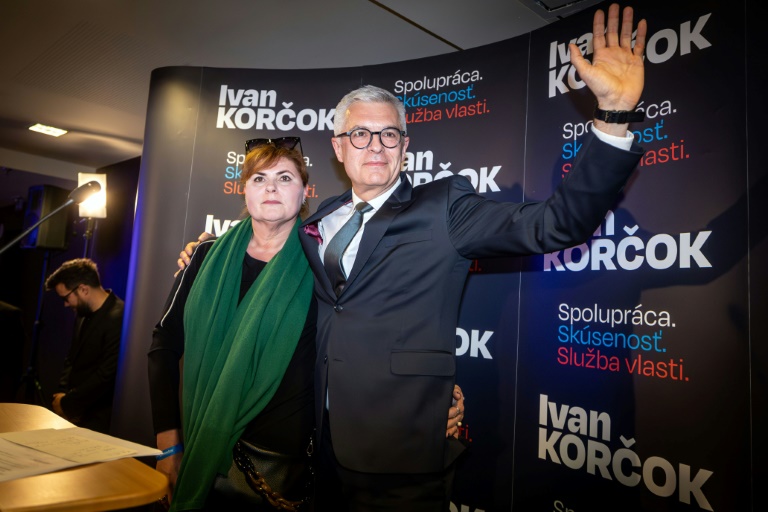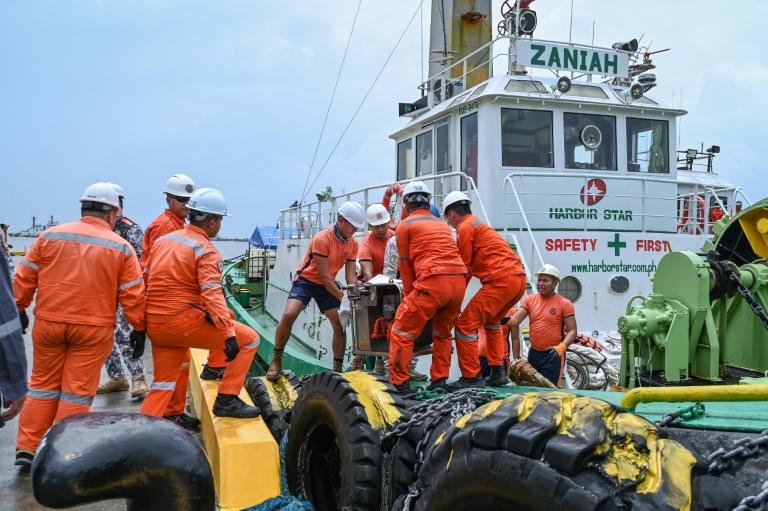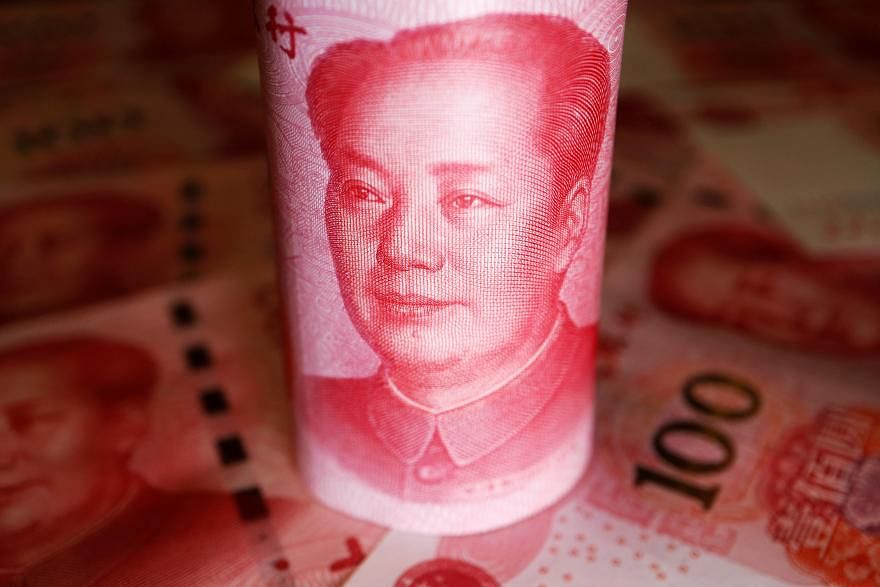Slovakia’s recent shift towards Russia has hit a hurdle, analysts said Sunday, after the pro-West former foreign minister Ivan Korcok topped the first round of the presidential election.
Korcok garnered 42.5 percent of the vote on Saturday, beating parliament speaker Peter Pellegrini with 37 percent, final results showed.
The two campaign front-runners vying to replace the outgoing liberal President Zuzana Caputova will square off for the top job in a runoff on April 6.
Both were widely expected to reach the second round, though Pellegrini had been the slight favourite.
But “no polls expected Korcok to score a five-point lead over his rival,” Tomas Koziak, a political analyst at the University of International Business ISM, told AFP.
“Now he seems to be a strong candidate.”
The runoff will feature a showdown between Korcok’s liberalism and Pellegrini’s attachment to the Russian-leaning governing team of populist Prime Minister Robert Fico.
Russia’s invasion of Ukraine became a fixture of the electoral campaign in the EU and NATO member of 5.4 million people after Fico questioned the sovereignty of Ukraine and called for peace with Russia.
The Slovak government, in office since October and comprising Fico’s Smer party, Pellegrini’s Hlas and the small far-right SNS, has also stopped its military aid to Ukraine.
After the first round, Fico described Pellegrini as “a better solution for Slovakia than Ivan Korcok”.
Analysts say that Slovakia’s foreign policy will continue to be a major issue in the runoff campaign.
“If Korcok is elected, Slovakia will maintain a critical attitude towards Russia, pro-European positions and support for Ukraine,” said Grigorij Meseznikov, head of the Bratislava-based Institute for Public Affairs.
Pellegrini, though, would follow Fico in the “loosening of our ties with our allies and partners in NATO and the EU, a weaker support for Ukraine and leaning towards Russia,” Meseznikov told AFP.
A Korcok victory could also hamper Slovakia’s shift closer to Viktor Orban’s Hungary, which began when Fico became premier.
Orban is an EU and NATO outlier who is close to Russian President Vladimir Putin and recently held up a vital aid package for Ukraine.
“There is a chance that the Orbanisation of Slovakia may not be accomplished” if Korcok wins, Koziak said.
But Korcok faces a tougher task than Pellegrini in trying to win over supporters of the other candidates, particularly those that are more nationalist.
These include third-placed Stefan Harabin, who won almost 12 percent in the first round and campaigned criticising the EU and hailing Putin.
“Most Slovak voters… want a president who will defend Slovakia’s national interests, who will not drag Slovakia into a war but will talk about peace, who… will put Slovakia’s interests first,” Pellegrini said.
The 48-year-old is a former prime minister and was also a minister in Fico’s previous governments.
Korcok, 59, is a career diplomat who has represented Slovakia in the United States, Germany and Switzerland and served as foreign minister from 2020 to 2022.
“I want to appeal to voters who disagree with the direction this government is dragging Slovakia… including in foreign policy,” Korcok said after his first-round win.
“I won’t sit quietly and watch the Slovak Republic develop and head in the direction it is heading now.”
Pellegrini is expected to woo Harabin’s anti-Western voters.
“Pellegrini will describe Korcok as a person with a pro-Western leaning to attract Harabin’s voters who react to this topic like a bull to a red rag,” Koziak said.
He also expects Fico to use “aggressive, pro-Russian and anti-Western sentiment” to sway voters Pellegrini’s way.
Domestic policy is also at stake, with Fico criticised over attempts to meddle with the country’s judiciary — with his recently passed reform easing corruption penalties — and to tamper with public media.
Opposition parties have backed Korcok, saying a Pellegrini win would pave the way for presidential pardons of government allies found guilty of corruption.







